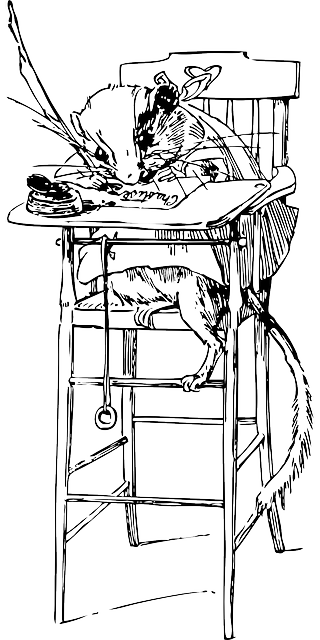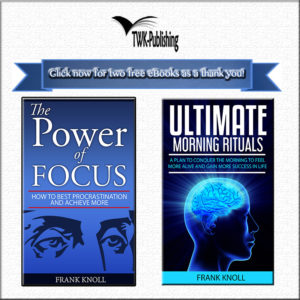
I Need to Edit My Novel! – Also Tools for Storytelling…
Hello!
If you’re reading such articles, congratulations! You’ve done something superb and evoking. You’ve taken a cast of characters, an curious adjust, a cogent plot and a few quirks and deviates and you’ve written a novel. Many people dream of writing a book. To do so is something else wholly. It’s a major accomplishment.
When you finish writing, the book is not yet complete. Now find the editing. But where do you begin?
There are several different editing modes. Some parties use special software to keep track of their the modifications and coordinate ongoing chapter edits. Some use critique marriages. This involves working with another writer and exchanging sections or manuscripts to read and note on. It can be a valuable tool for some, but remember that it’s important to draw upon the knowledge of someone who can improve your writing. This usually makes working with a writer who is significantly further along in the process than “you think you’re”. Hence, it may be difficult to do a free writing criticism exchange. Instead, you may choose to hire a professional.
Professionals can assist in the different stages of the revising process. Some offer professional beta construe. They can offer general impressions on what works or doesn’t work in your fib. Content revises, route revises and copyedits are also available to check the punctuation, intonation, syntax, reputation evolution and to ensure that there are no plot defects. All of these editing services for scribes can be valuable.
But, such articles is about editing your novel. Before you mobilize the aid of a professional or depict your work to a beta book or critique spouse, it’s necessary that you edit it.
Here are a few steps.
1) Predict your book from start to finish.
Feel the hullabaloo of this pace. You are the only being in the entire world who has read this record at this item. As you read it, pretend that you don’t know what’s going to happen. Place yourself in the shoes of a reader. Is the narration engaging? Does it make sense? Is there a logical start, middle and judgment?
2) Correct any significant plot faults. After predicting your work in step one, you have a feel for the fib from a reader’s view. There’s no point in chastising minor punctuation changes at this spot. Right now, you need to focus on the bones of the story. Did you forget the backbone? Is there a digres bone in the pas? In other terms, what divisions belong that are missing and what’s unnecessary to the story?
3) Check your courages’ exploitation. Yes, this means all reputations, not only the prime persona. Is there some proliferation or change proven? Plot affairs to further reference exploitation. If there’s no change, are you sure your area was engaging fairly?
4) Examine dialogue. Is it realistic? Do people pronounce as though they are reading a script or do they pause to think, to be astonished, to have sincere reactions? Some writers predict their manuscripts( peculiarly the dialogue parcels) aloud to check for flow.
5) When everything is structurally sound, now it’s time to correct all punctuation and spelling errors.
6) When your book is perfectly improved( in best available be said that you can settled it in yourself) then it’s time to share it with someone else such as a beta reader or health professionals writing consultant or editor.
Best of prosperity to you in all of your writing and editing!
Here are a couple a very affordable resources that you can look for editors that would be happy to see if you can work together. Click here-> Upwork, depending on budget fiver, has always been a great option for myself as well. You can also always make a post on Craigslist.
Sometimes in a persons writing process it is wise to think in reverse, or perhaps in a different manner all together. Below will discuss how to structure your writing in a bit of filmmaking fashion. This can also help to bring the visual element to the story in a different manner to the reader.
If you’ve ever predicted Shakespeare’s Othello “youre supposed to” know that the titular courage kills his beloved Desdemona by covering her with a pillow. She then laments with her final order, “Nobody; I myself. Farewell: Commend me to my species sovereign: O, parting! ” when Emilia requests who killed her.
Now, if you’re like me, you’d likely not be able to come back from the dead to eek out that final front if someone has just asphyxiated you with a pillow; neither would you likely succumb after making this statement. Sure, some may say she got an aneurism, which is what really killed her after Othello’s failed assault; but those people are reaching.
The plot hole in Shakespeare’s classic movement is not distinct to the bard. Countless scribes have left significant scheme punctures or corrects in the performance of their duties, either as a result of revise or editing, or simply a mistake in the writing. So how are you able, as a novelist, shun used to describe a reference who has a cigarette in hand who steps into a warehouse, and somehow the gas leakage in the warehouse is not ignited( because suddenly the cigarette has magically faded )?
Filmmakers exploit a implement that most writers do not give but should: storyboarding. If “youre not” familiar with what this is, I recommend doing a little research and implementing it in your own process. Storyboarding is essentially a graphic version of each scene, illustrated on individual “boards” or panels. Filmmakers use them to put and rearrange situations in a cinema for purposes of flowing, consistency, and visual appeal. They facilitate because most films are not cleared in a linear mode, but very shot as individual panoramas and then “cut” into the final succeed. My own writing is done in this way: I write individual chapters or sometimes merely panoramas, and then cut it all together in the end before revision.
Storyboarding going to be able to even if you write in a linear manner. If “youre seeing” the “shot” as a drag, it can help you better envisage the character’s position; it can help you label different elements that you’d like to describe so you don’t fail to tell the reader that the sky was dark or that the mountains in the compas seemed to be collapsing because of the dust storm that was approaching; and it can help you notice that darn cigarette in Jose’s hand just before he recruits the warehouse. The word-painting can help remind you to write in that Jose flicked the cigarette away just before enrolling the gas-filled storehouse, thus helping him forestall a frightening death.







